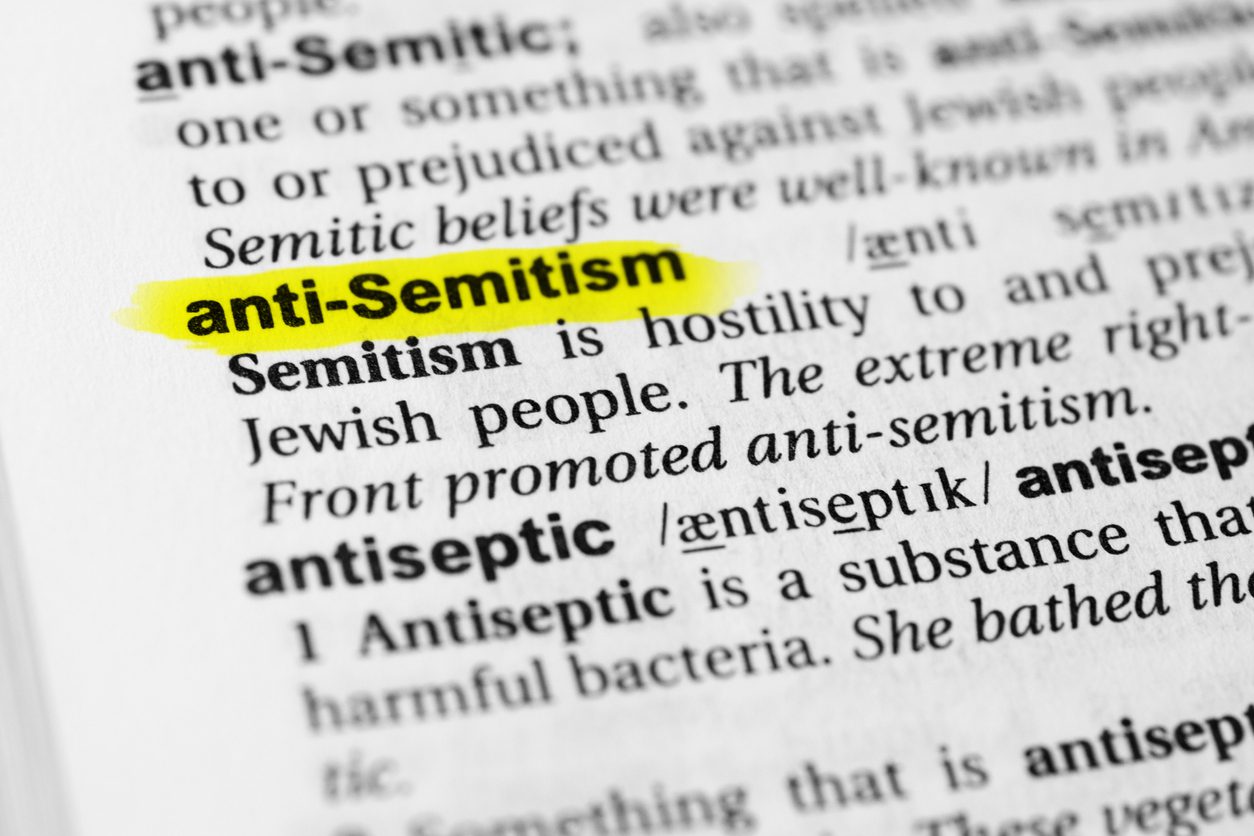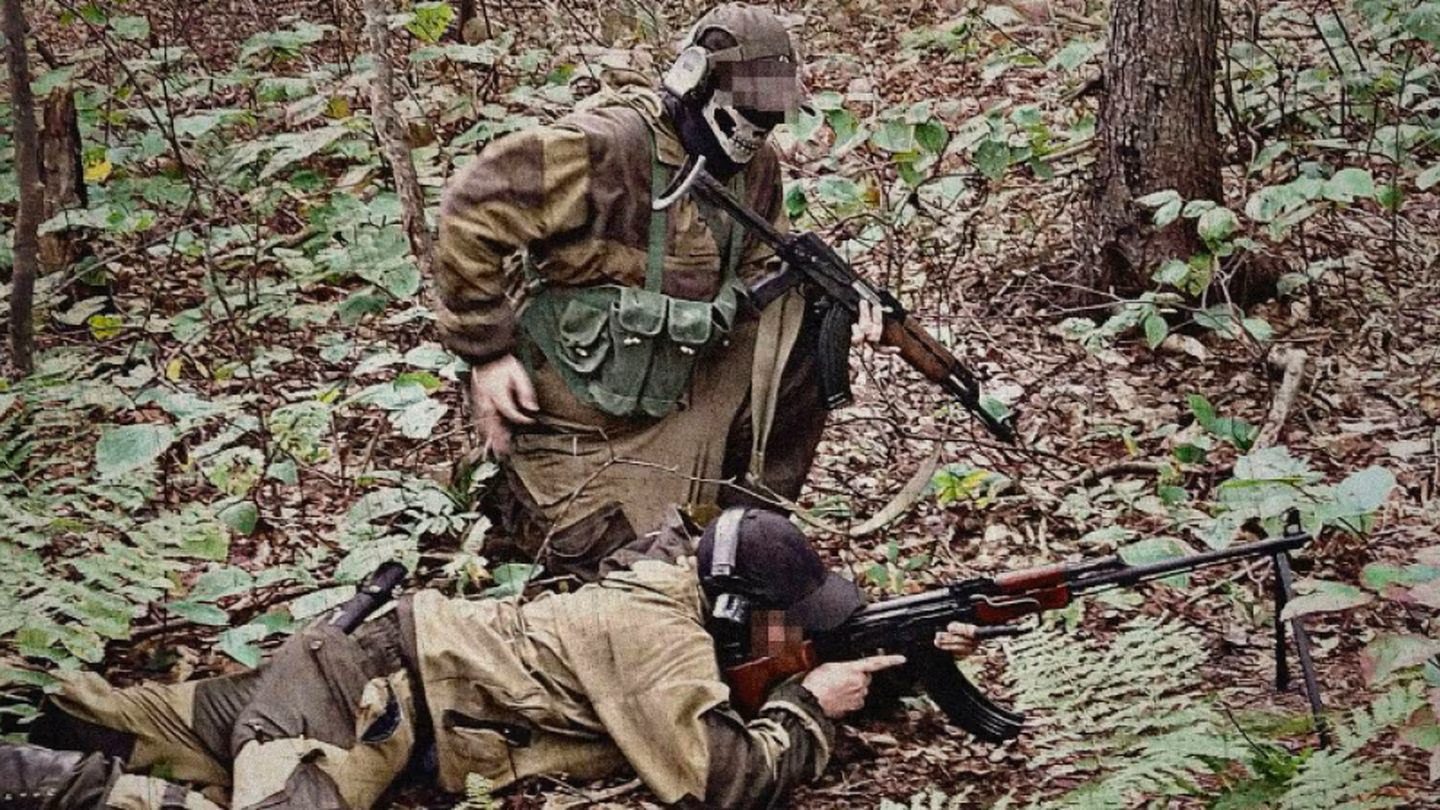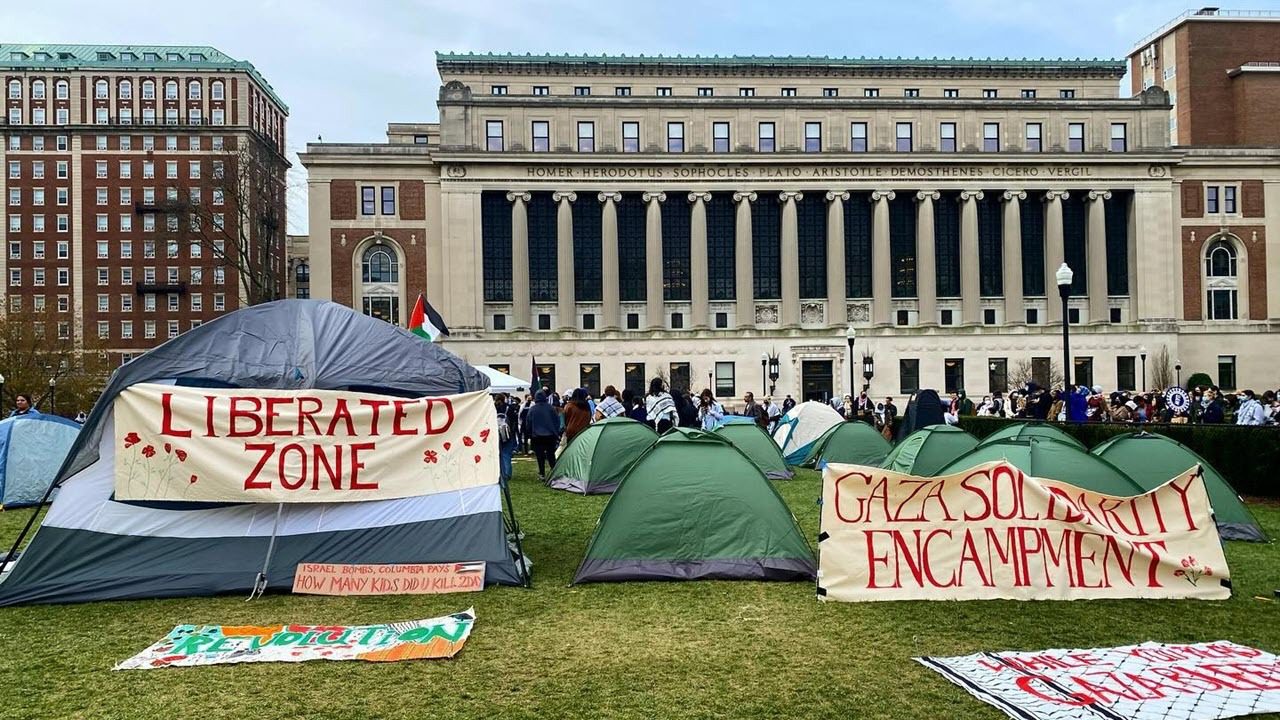By Kara Baskin
I know plenty of people who have been victims of antisemitism, from microaggressions to physical attacks. There is a sense of pervasive fear, of bracing for the worst. How do we conquer and counter this cocktail of dread and terror, both in the aftermath of an attack and overall? How do we take care of ourselves?
I spoke to Jessica Slavin Connelly about how to address antisemitic trauma. She’s a Boston-area psychotherapist and longtime Jewish educator and lay leader who has worked in the Jewish school community in various settings, including as an interfaith youth facilitator for the Anti-Defamation League. She’s also led antisemitism workshops for audiences ranging from kindergarten to adults.
Here’s her advice.
On antisemitism’s many forms:
Several of my friends’ teenagers have been on text threads where casually racist messages and swastikas will suddenly pop up. Other times, it’s more public: bathroom graffiti or antisemitic signs billowing on bridges above the highway, or during an interview with a celebrity.
But antisemitism can often manifest more subtly as what Slavin Connelly calls “unintentional microaggressions,” even from a friend or a neighbor—the mom at drop-off who jokes that she only wants a Jewish lawyer or the neighbor who remarks on your kids’ Jewish nose. “A microaggression is anything that’s a generalization applied to a group of people,” she says.
“When first faced with antisemitism in our lives, people are often stunned, confused and scared, wondering if they’re overreacting and angry. Because, if [antisemitic incidents are] still happening, then what does that mean about all of the work the previous generations did to pass down our history, and what does that mean about our worldview? If reenactment, remembrance and maintaining Jewish identity hasn’t kept antisemitism from rearing its ugly head again, like we thought it would, then that may leave us questioning everything about our past, present, future, safety and Jewish identity,” she says.
These incidents—any of them—can feel hugely destabilizing, and your feelings are valid, whether you’re a kid or an adult.
On common responses to trauma:
Trauma is an emotional response to a terrible event. Slavin Connelly says that fight, flight, freeze or fawn reactions are common, either when talking about it or after witnessing something frightening.
Flight: Holing up at home, retreating and hiding out in fear and feeling out of control.
Fight: Posting angrily on social media, or cutting out relationships rather than expressing yourself calmly and assertively.
Freeze: Not knowing what to say when a friend makes a microaggressive comment, so remaining silent instead.
Fawn: Going overboard to make others feel comfortable with your Jewishness, assimilating or keeping quiet, even when uncomfortable.
On the after-effects of trauma:
Trauma is an ongoing experience. People who experience antisemitism might suffer lingering, ongoing symptoms: “You might ruminate, become easily angered or irritable, have disrupted sleep and a decreased ability to focus, experience a loss of appetite, feel disconnected from day-to-day life, become hyper-vigilant or unable to stop scrolling or turn off the news,” she says.
You might also experience cognitive distortions. “Experiencing a trauma typically involves a change in personal beliefs about the self and the world that can be scary and unmooring,” Slavin Connelly says. This often takes the shape of catastrophic, all-or-nothing thinking: The world is doomed, everywhere is unsafe, nobody is trustworthy. You might begin to shame yourself for feeling upset or become enraged when non-Jewish friends or family don’t speak up.
On self-care and taking action:
There’s help. Slavin Connelly urges people who’ve experienced trauma to reach out to their local Jewish community for communal support, to share with trusted friends and to “take action while also holding space for gam zeh ya’avor: ‘This too shall pass,’” she says.
It’s also OK to take a break and retreat if you need to. This can be hard, “especially for the Jewish community, where we are taught not to look away, to be there in times of crisis for others, to remember what our own community went through,” she says. “Depending on how much of this was part of the ethos of your upbringing, it can be very hard to look away, but ruminating over and over engages us in a loop that reinforces traumatization.” Go easy on yourself.
Tikkun olam (repairing the world) matters, too. Helping others is a refreshing way to put your feelings in perspective. “Help others on the micro level, one-to-one, human-to-human and zoom out to recognize that we are in a world where so many are experiencing hardship or prejudice and recognizing that while our thoughts, feelings and reactions about antisemitism matter, really matter, there are infinite other things that matter equally,” she says.
And, maybe most importantly, “Look to Jewish history not only backward in fear of repetition but instead as a reminder that the Jewish community has repeatedly faced hardships in a cyclical way over the course of history and has always endured, survived as a people and thrived,” she says.
For more support, visit cjp.org/mental-health.
Kara Baskin is the parenting writer for JewishBoston.com. She is also a regular contributor to The Boston Globe and a contributing editor at Boston Magazine. She has worked for New York Magazine and The New Republic, and helped to launch the now-defunct Jewish Rock and Roll Hall of Fame. Email her at kara@jewishboston.com.




